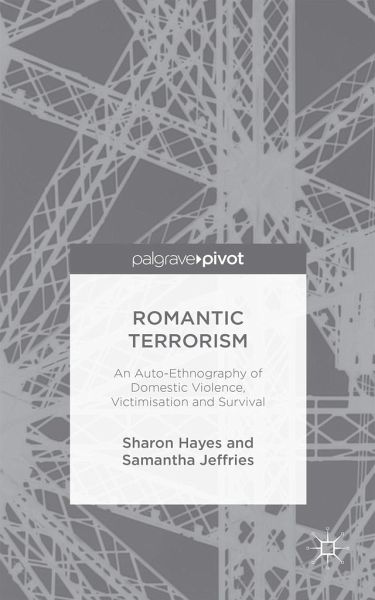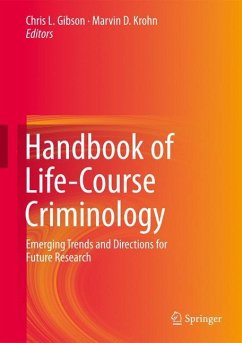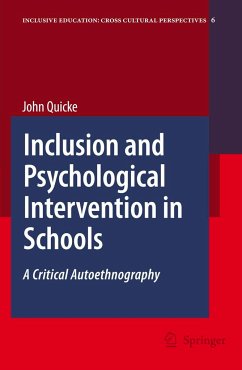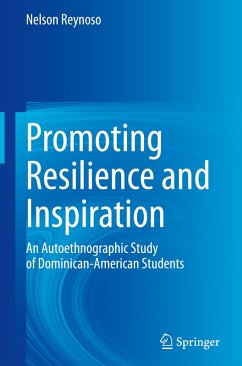
Romantic Terrorism
An Auto-Ethnography of Domestic Violence, Victimization and Survival

PAYBACK Punkte
19 °P sammeln!
Romantic Terrorism offers an innovative methodology in exploring the ways in which domestic violence offenders terrorise their victims. Its focus on the insidious use of tactics of coercive control by abusers opens up much-needed discussion on the damage caused to victims by emotional and psychological abuse.














